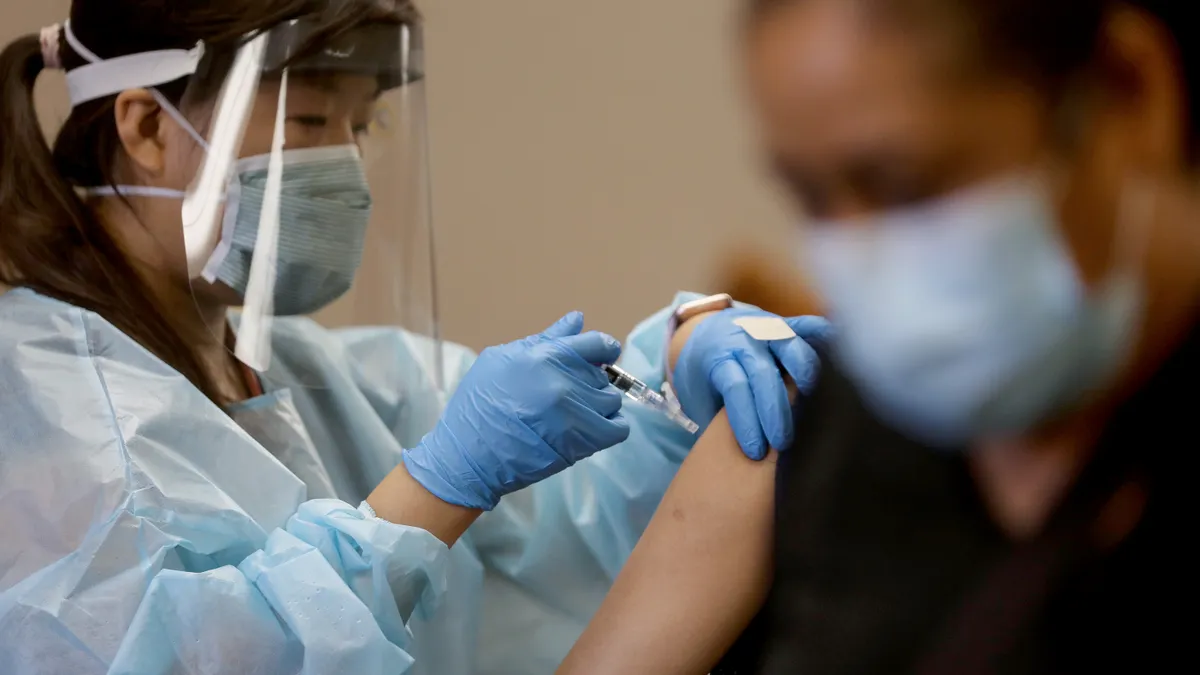For the first time in history, five generations will soon be working side-by-side. This poses one of the biggest challenges facing HR teams today. How do HR leaders fairly accommodate five generations with health benefits, wellness programs, worksite perks and the like? The stark differences between generations, specifically millennials and baby boomers often means companies find themselves struggling.
Millennials will comprise more than one in three adult Americans by 2020 and 75% of the workforce by 2025. As the largest working group, millennials are changing the status quo. Despite getting a bad rap, they are having a positive impact on our culture and workplace. Their influence has led companies to evolve, and rethink flexibility, workspace and vacation. They’ve put a focus on personal health that’s more proactive and holistic, changing the nature of the market today.
However, this powerhouse generation is not alone in the workforce and their preferences can differ greatly from others. Gen Z (or iGen), millennials, Gen X, Baby Boomers and Traditionalists all have different expectations and needs when it comes to health benefits.
For HR professionals, finding the right provider is critical to providing quality health support and benefits coverage for their teams. A one-size-fits-all or take-it-or-leave-it approach with an inconvenient access model just isn’t going to cut it.
So, what are the key differentiators HR professionals should be aware of?
Mental Health
Gen Z and millennials view psychological health differently than previous generations, particularly millennials, who report more stress than any other generation. While the reasons are mixed, worrying over finances and jobs are primary factors. For example, many millennials will enter the workforce under massive debt, as education costs have increased more than 17 times since the 70s, and only continue to rise. As the growing, dominant workforce, HR professionals need to consider more dialogue about work-life balance, stress prevention tools and other resources for people’s mental health in the workplace.
Physical Health
Physical health is increasingly important to Gen Z and millennials, viewing exercise as an important part of a healthy lifestyle. Baby Boomers, responsible for the fitness revolution, at one point placed a high level of importance on physical activity, but the percentage of Boomers who regularly exercise, has dropped.
According to the Centers for Disease Control and Prevention, about 32% of older adults get no physical exercise whatsoever, and studies show Baby Boomers are on track to grow old with higher rates of chronic conditions, such as obesity and diabetes. While younger demographics value gym stipends and memberships, it is their older counterparts who could benefit most.
Access to Healthcare & Benefits
One of the biggest differences among the generations is how each seeks health information and the sources they trust. Gen Z and millennials turn to technology, searching for information online and polling their friends and loved ones via social media about recommended doctors, treatment methods, etc. They’re also very comfortable both sharing and accessing their personal health information digitally.
Baby Boomers go to professional advice first, usually in person. Gen Xers are typically slaves to research, scouring online for information before making choices. Interestingly, all generations are turning to Google for advice, but each uses a different lens for what’s credible.
Beyond personalization, how businesses can fairly or equitably provide health benefits for people who have vastly different needs can be a challenge. Moving from a structured insurance plan to one with a menu of options and flexibility will be the new era of plans. The health benefits provider of tomorrow will be one that considers a new business model, moving away from premiums to comprehensive services charged on a subscription basis, centered around the consumer. A model that encourages and drives usage and engagement rather than restricts it.
For employers, this is good news. This means that five generations with differing priorities and preferences can find meaningful health coverage and resources that help their individual needs, leading to happier and more productive employees.
With today’s increasingly competitive landscape, employers are looking for ways they can attract and retain a diverse complement of employees within their organizations. It is becoming clear that to innovate, companies must appeal to the millennial and Gen Z workforce, and with a customized approach to health benefits, it doesn’t have to come at the expense of other generations.
Editor's note: This post was contributed by Lori Casselman, Chief Health Officer at League Inc., a digital health platform.





















